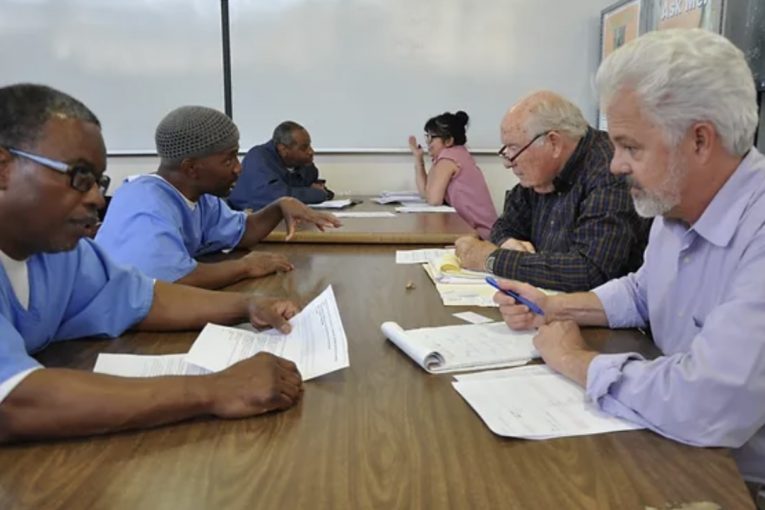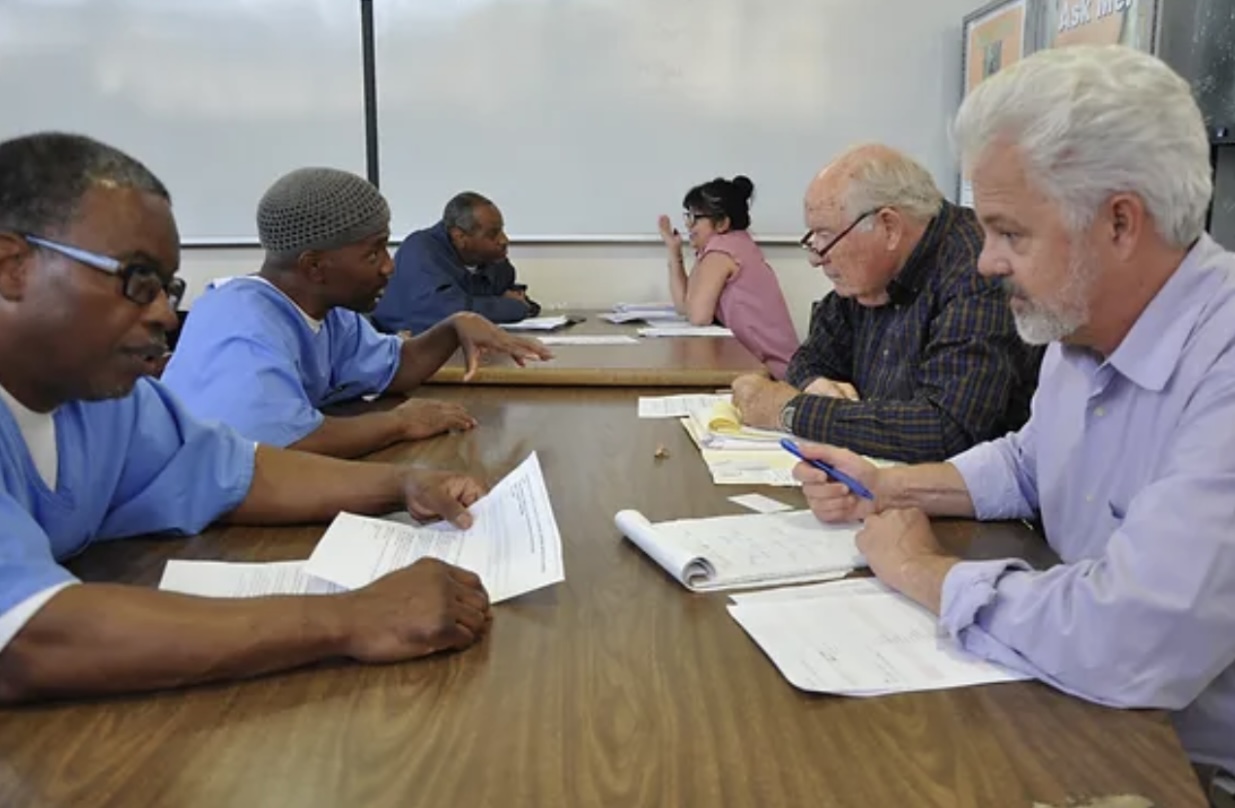

by Rodney Wrice
As I sit down to write this article, I’m reminded of the journey I’ve traversed, one marked by the shadow of incarceration. From personal experience and backed by evidence, I’ve come to understand the profound impact incarceration has on individuals and society. It’s a journey of reflection, redemption, and a call for change.
Incarceration isn’t just about the physical confinement within prison walls; it’s about the intricate web of social challenges it weaves, affecting individuals long after they’ve served their time. Upon release, the stigma of being a former inmate looms large, casting a dark cloud over opportunities for employment, housing, and social integration. The cycle of poverty, crime, and recidivism becomes an all too familiar narrative for many and often the only stories told to the public.
Yet, amidst these challenges lies the potential for transformation and resilience. I’ve seen it firsthand not only in my own personal change, but I’ve witnessed the strength of individuals determined to break free from the chains of their past. But the path to reintegration isn’t easy; it requires a comprehensive approach that addresses the multifaceted barriers to successful reentry which I redefine and highlight in my book ‘Pathways to Renewal – A guide towards Thriving after Incarceration.”
In this book I explore how education emerges as a powerful tool in this journey of reintegration. Access to quality education, both within prisons and in the community, opens doors to new opportunities and empowers individuals to rewrite their narratives. Corporate level training programs or internships should be at the forefront of every business owner’s mind for those exiting the prison system because it was feeling as if he or she did not have what they needed or the same level of pay corporate management gives themselves that led them to the prison gates in the first place.
This model should of course be coupled with academic opportunity for higher education, which will equip individuals with the skills they need to secure meaningful employment which I believe should always be the wage of what it cost to survive in the city or county from which they reside upon release, which clearly would reduce the likelihood of recidivism.
Employment, however, is just one piece of the puzzle. Housing stability is equally crucial in facilitating successful reintegration. Yet, many individuals with a history of incarceration face discrimination in the housing market, perpetuating cycles of homelessness and instability. Addressing this challenge requires collaboration between government agencies, non-profit organizations, and community stakeholders to create supportive housing initiatives tailored to the needs of this population.
Furthermore, we cannot overlook the importance of addressing the mental health and substance abuse issues that often co-occur with incarceration. Trauma-informed care and access to mental health services are essential components of any reintegration strategy, providing individuals with the support they need to heal and thrive.
At the heart of moving beyond incarceration lies the need for a shift in societal attitudes and policies. We must move away from punitive approaches towards rehabilitation and restorative justice. Investing in community-based alternatives to incarceration, such as endorsing, sponsoring and partnering with LLC companies like Changing Lives Forever LLC and not just nonprofits who are often failing real growth development, while patting their own pockets and not the pockets of those they are so claiming to be out to help, along with mental health diversion programs, not only reduces recidivism but also fosters a sense of accountability and healing within communities like the Tenderloins, SoMa, Mission and Downtown districts of San Francisco.
Moreover, we must confront the systemic inequalities that perpetuate cycles of incarceration, disproportionately affecting communities of color and low-income individuals. Reforms to sentencing laws, bail practices, and parole policies are imperative to address these disparities and build a more just and equitable criminal justice system. To not do this would be to suggest in example and practice that you are like the systems, companies or organizations who claim their intentions are to help former prisoners, poor or unjustly sentence but never give them a raise at a job, or a promotion that allows them to make the same level of pay from which they give themselves or they freedome their high paid attorney used in order to cause the court to turn a blind eye to the truth.
Moving beyond incarceration requires a collective effort grounded in empathy, evidence-based practices, and a commitment to social justice. It’s a journey that demands both personal reflection like my own as well as yours along with agreed systemic change. As someone who has as I began navigated the complexities of incarceration, I believe in the inherent potential for transformation and the power of community support. Together, we can overcome the social challenges created by incarceration and build a future defined by hope, redemption, and second chances.
Rodney Wrice is the author of Overcoming Gangs and Poverty and Pathway to Renewal – a Guide towards Thriving after Incarceration. He is the creator of the online magazine “Changing Lives Forever – Voices Often Ignored” on Substack.com, the builder of the popular online store Changing-Lives-Forever.com and co-founder of Changing Lives Forever LLC, a first responder and advocates company that provides emergency food, clothing, resources, empowerment coaching and mentoring to homeless, reentry, foster youth/adults and at-risk youth in San Francisco.
